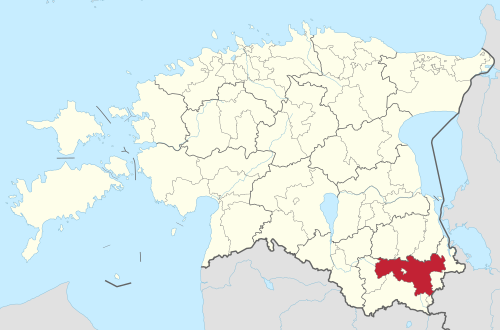Cancer, cardiovascular diseases, chronic respiratory diseases and many other illnesses can often lead to a wide range of symptoms and problems that can last for a long time. Palliative care focuses on improving the quality of life for people with chronic progressive diseases, working in close collaboration across different fields and levels. Research shows that early palliative care improves patients’ quality of life, improves treatment adherence, reduces depression and, in some cases, prolongs life. And it is also an important support for loved ones. In addition, early palliative care improves satisfaction with healthcare services.
In Estonia, access to palliative care services is organisationally uneven, with only inpatient hospital care specifically defined in the national list of health services in 2022. In addition, the availability of services depends on the region, which makes assistance difficult, especially in cases of low awareness of both palliative care and available options. Therefore, the organisation of palliative care in Estonia faces important challenges, such as coordinated, equitable and patient-centred provision of health and social services.
In order to support the holistic development of palliative care in Estonia, we carried out an analysis on behalf of the Ministry of Social Affairs, which compared the situation in other countries (the Netherlands, Latvia, Romania, Germany, Finland) and, by comparing it with the conditions here, offered concrete recommendations for the further development of the field in Estonia.
In the course of the desk research, we prepared an analytical description of the situation in selected European countries regarding the organisation of palliative care in both specialised and primary health care, focusing on laws, regulations, treatment guidelines and studies in the field. Ten semi-structured individual interviews were conducted to describe the selected foreign countries. Seven focus group interviews and one individual interview were conducted to validate the recommendations.
The central conclusion was that palliative care must be integrated into the healthcare system and supported by national funding to ensure diverse services, better access to medications, and training for specialists. Detailed recommendations can be found in the report.




